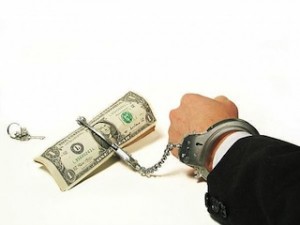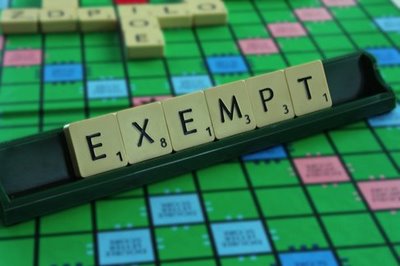 Bankruptcy can be scary. There are a lot of rumors about bankruptcy, some of them are true, some not. One of the things people fear for the most is the lost of their privacy. They don’t want people to know they’ve filed bankruptcy and they don’t want people from the court going to their house or snooping through their things.
Bankruptcy can be scary. There are a lot of rumors about bankruptcy, some of them are true, some not. One of the things people fear for the most is the lost of their privacy. They don’t want people to know they’ve filed bankruptcy and they don’t want people from the court going to their house or snooping through their things.
When you file for bankruptcy, everything you own becomes part of your “bankruptcy estate”. A trustee of that estate is appointed by the court who sifts through the property listed in your schedules, uses his or her experience to judge it’s reliability and as long as it passes the smell test, the trustee administers the estate and you can go on without having people poke in your business. However, if you fail the smell test because the trustee thinks something stinks in your schedules, he or she can petition the court to permit an appraiser to visit your house. This is typically done because your Schedule B (Personal Property) list either omits property the trustee suspects you actually have or because you have seriously undervalued the property on Schedule B so as to keep more property than you would otherwise be exempt.
If an appraiser is to visit your home, the inspection is typically scheduled with you so as to make the appointment as convenient as possible. The appraiser creates an independent list of all of the property there that has value. This appraisal is then given to the case trustee who may use it as evidence against the bankrupt.
 Jacksonville Bankruptcy Lawyer Blog
Jacksonville Bankruptcy Lawyer Blog











